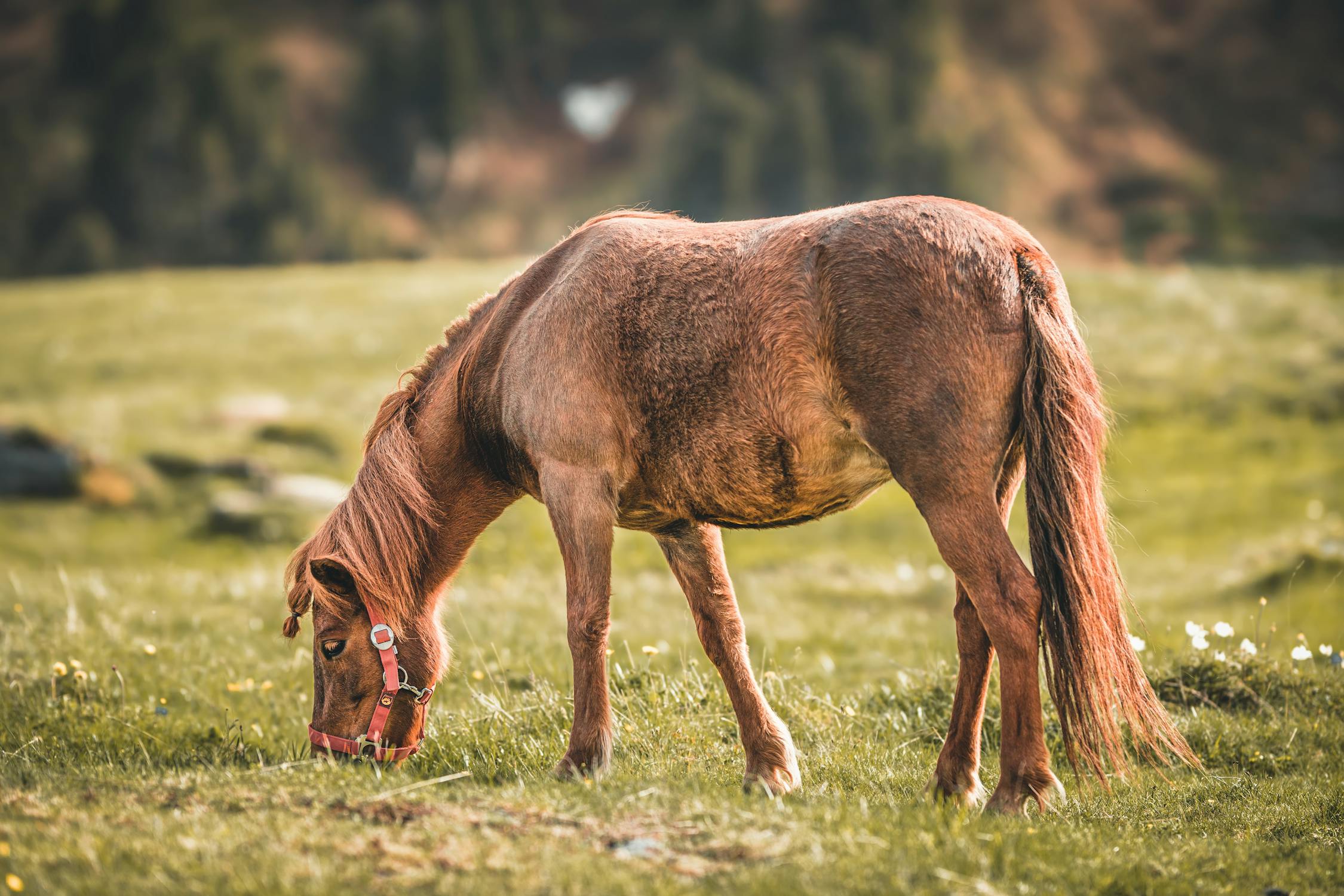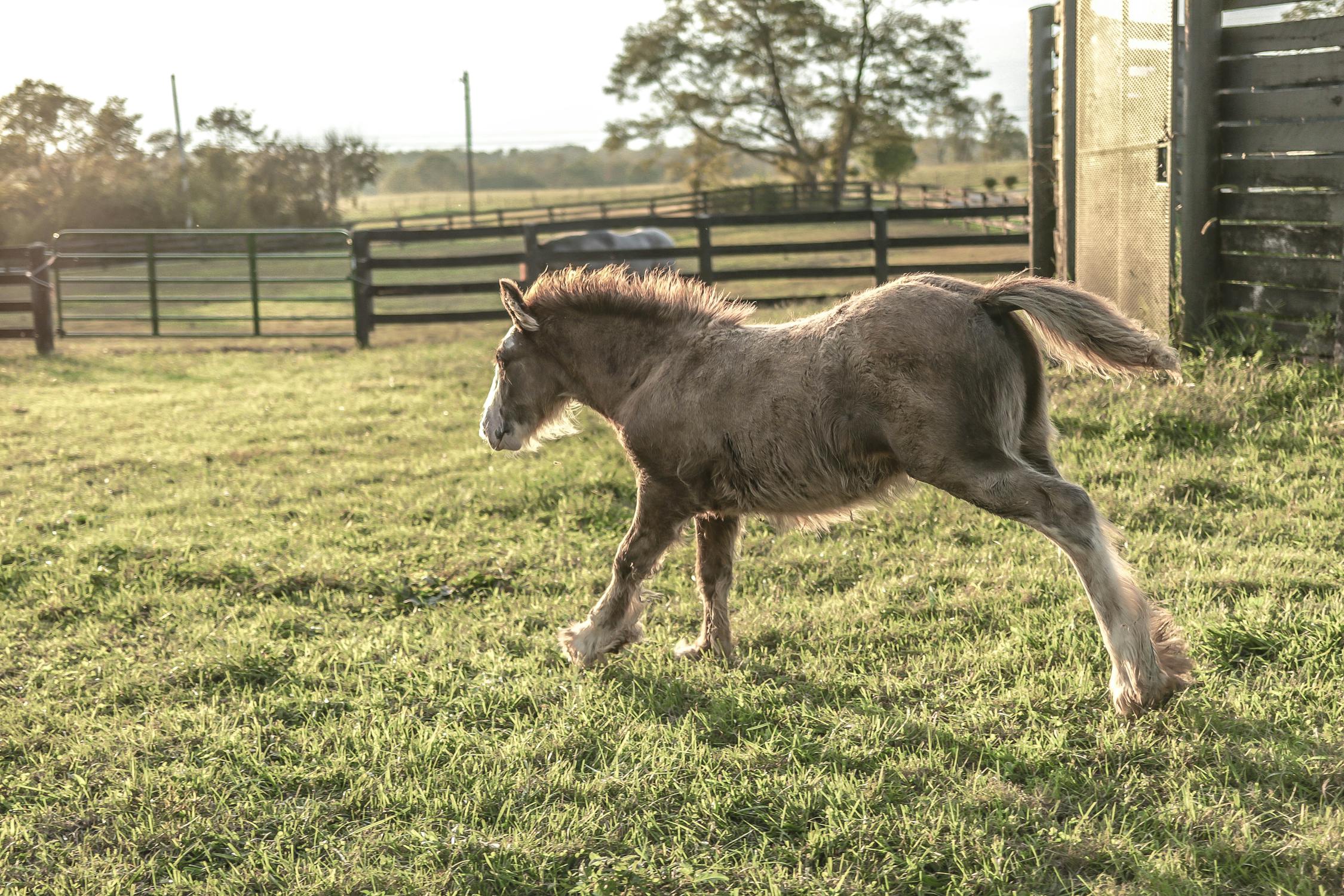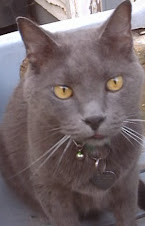It's Friday and time once again to join Annie (at A Stitch in Time) and the ladies at Friday Smiles. Last week she was on hiatus, so we are delighted to see she's returned and full of things we can all smile about. However, I am getting ready to leave later today, so I won't be around this weekend.
Instead of finding something fun to photograph this week, I'll leave you with this which is apparently a true story from NASA (U.S.'s National Aeronautics and Space Administration):
Does
the expression, “We’ve always done it that way!” ring any bells? The US
standard railroad gauge (distance between the rails) is 4 feet, 8.5
inches. That
is an exceedingly odd number. Why was that gauge used? Because that is
the way they built them in England, and English expatriates built the US
railroads. Why did the English build them like that?
Because
the first rail lines were built by the same people who built the
pre-railroad tramways, and that is the gauge they used. Why did “they”
use that gauge then? Because the people who built the tramways used the
same jigs and tools that they used for building wagons, which used the
same wheel spacing.
Okay!
Why
did the wagons have that particular odd wheel spacing? Well, if they
tried to use any other spacing, the wagon wheels would break on some of
the old, long distance roads in England, because that’s the spacing of
the wheel ruts. So who built those old rutted roads? Imperial Rome built
the first long distance roads in Europe (and England) for their
legions. The roads have been used ever since.
And the ruts in the roads?
Roman
war chariots formed the initial ruts, which everyone else had to match
for fear of destroying their wagon wheels. Since the chariots were made
for (or by) Imperial Rome, they all had the same wheel spacing.
Therefore, the United States standard railroad gauge of 4 feet, 8.5
inches is derived from the original specification for an Imperial Roman
war chariot.
Specifications
and bureaucracies live forever. So the next time you are handed a
specification and wonder what horse’s ass came up with it, you may be
exactly right. This is because the Imperial Roman war chariots were made
just wide enough to accommodate the back ends of two war-horses.
Now, the twist to the story…
There
is an interesting extension to the story about railroad gauges and
horses’ behinds. When we see a Space Shuttle sitting on its launch pad,
there are two big booster rockets attached to the sides of the main
tank. These are solid rocket boosters, or SRBs.
Thiokol
makes the SRBs at their factory at Utah. The engineers who designed the
SRBs might have preferred to make them a bit fatter, but the SRBs had
to be shipped by train from the factory to the launch site. The railroad
line from the factory happens to run through a tunnel in the mountains.
The SRBs had to fit through that tunnel. The tunnel is slightly wider
than the railroad track, and the railroad track is about as wide as two
horses’ behinds.
So,
a major design feature of what is arguably the world’s most advanced
transportation system was determined over two thousand years ago by the
width of a horse’s ass.
If that didn't make you smile, nothing will! It's time to see what others are smiling about this Friday. Please don't forget to start your weekend off right by visiting Annie for a few Friday Smiles. We would love to have you join us, too.
Horse photos from Pexels. Other images from an internet search.


















































































.JPG)





























18 thoughtful remarks:
Yes, we learned about that at school. Bureaucracy never changes, well. certainly never for the better! Have a fun day, the sun's shining here so I will be off walking again. Valerie
Oh, yes, specifications and bureaucracies live forever!
Driving one nuts! Once in Australia I had to get Ingo to the hospital. When I wanted to get home the nurse thought I´m American and explained the way in feet.
I love American Football but after a horrible evening, a very scary night and an exhausting day meters would´ve been nice!
Wow, that is some story about the boosters, I never knew, Ingo´ll love to hear about it!
Speaking of horses’ behinds... I´ll never look at a "finished" chestnut the same way!!! We have a beach here where they practice FKK. There will be pictures in my mind now, LOL.
Thank you for all the smiles today :-)
Hm. In Germany you are not allowed to take pictures online from the internet without giving the exact source and only if explicitly allowed by the owner. So much for bureaucracy!
awesome article..
thank for your sharing
That was a fun article! I knew some of it, but not all. It makes sense though. Having standardised measurements makes life so much easier. Having lived in England where most things are still Imperial (I'm thinking plumbing stuff and screws etc) now we are in mainland Europe where measurements are standardised. A door is the same width everywhere and you can take your door from one country to the next and it will fit in your frame. (Not that I would want to do that mind..)
Have a good time away,
Take care,
Lisca
Now Elizabeth that really did make me smile. Thanks for sharing that with us....all news to me and really facinating to think the measurements were decided on the width of a horse.
Hugs,
Annie x
An interesting history lesson, and funny.
Oh well there you go, nothing changes! Brilliant Elizabeth, my hubby will love this. In the UK we half went to metric so when I buy fabric it's width is measured in inches and the length in metres now I'm wondering what will happen if we leave the EU. Maybe children will have to go back to old maths....we shall see! Have a great weekend. Hugs, Angela xXx
Now that's interesting and an amusing post! It reminded me of the old story of the young cook who trimmed off the ends of a ham before baking it because her mother and grandmother had done it that way. When they finally tracked down the reason for this culinary trick that they'd "always done it that way"- it turned out Grandma did it just because her roasting pan was small! (PS- the longarm quilter has several set patterns and we just try to choose something that complements the quilt top. Sometimes I just rely on her judgement.)
This is an interesting post. I enjoyed the read and the photos too. I didn't know the distance between the rails, but I did know about Roman ruts and how they then went on to be a standard measurement. Fascinating how people measured things, isn't it? There's a lab that I used to do with the kids where they had to create their own units of measurement using common items like paper clips of pen lengths and then when comparing them to other kids, it showed the craziness in following all these different systems they created. I don't teach freshman any more so I don't do the lab, but it is a good one. And your post made me think of it today. Have a great museum visit tomorrow and enjoy your Friday. hugs-Erika
So cool!
OOh so interesting and funny post Elizabeth ! Thanks so much for sharing with us. Love the horses, so cute!
I wish you a very nice afternoon, and send big hugs,
Caty
You're right! That DID make me smile. And I also learned a lot!
Have a wonderful weekend!
I love to read your posts that include so much information. We are never to old to learn something new and I am smiling at the thought of a horse's backside being used as a measurement.
Yvonne xx
Hi Elizabeth so pleased to hear you love Dr Who as much as we do and I agree that David Tennant was a brilliant doctor but we must not forget that it was Christopher Eccleston who brought the series back to life. Sadly the new series with the lady doctor has been a flop for us but I guess they had to give it a go. Happy weekend to you, Angela xXx
LOL! I knew the first part but didn't know it also extended to rocket ships! So funny!
I had to smile and it also reminded me of the Story Nancy mentioned!
Susi xxx
I'm completely fascinated by the historical path back to the Roman horses' behinds as the reason for modern day railway widths... thank you so much for that! And your post title immediately reminded me of seeing the 1924 film The Iron Horse with live orchestra accompaniment - one of my most-loved cinematic experiences, so thank you for that too!
Alison x
An interesting post … I learned a few things and I smiled at some too :)
All the best Jan
Post a Comment